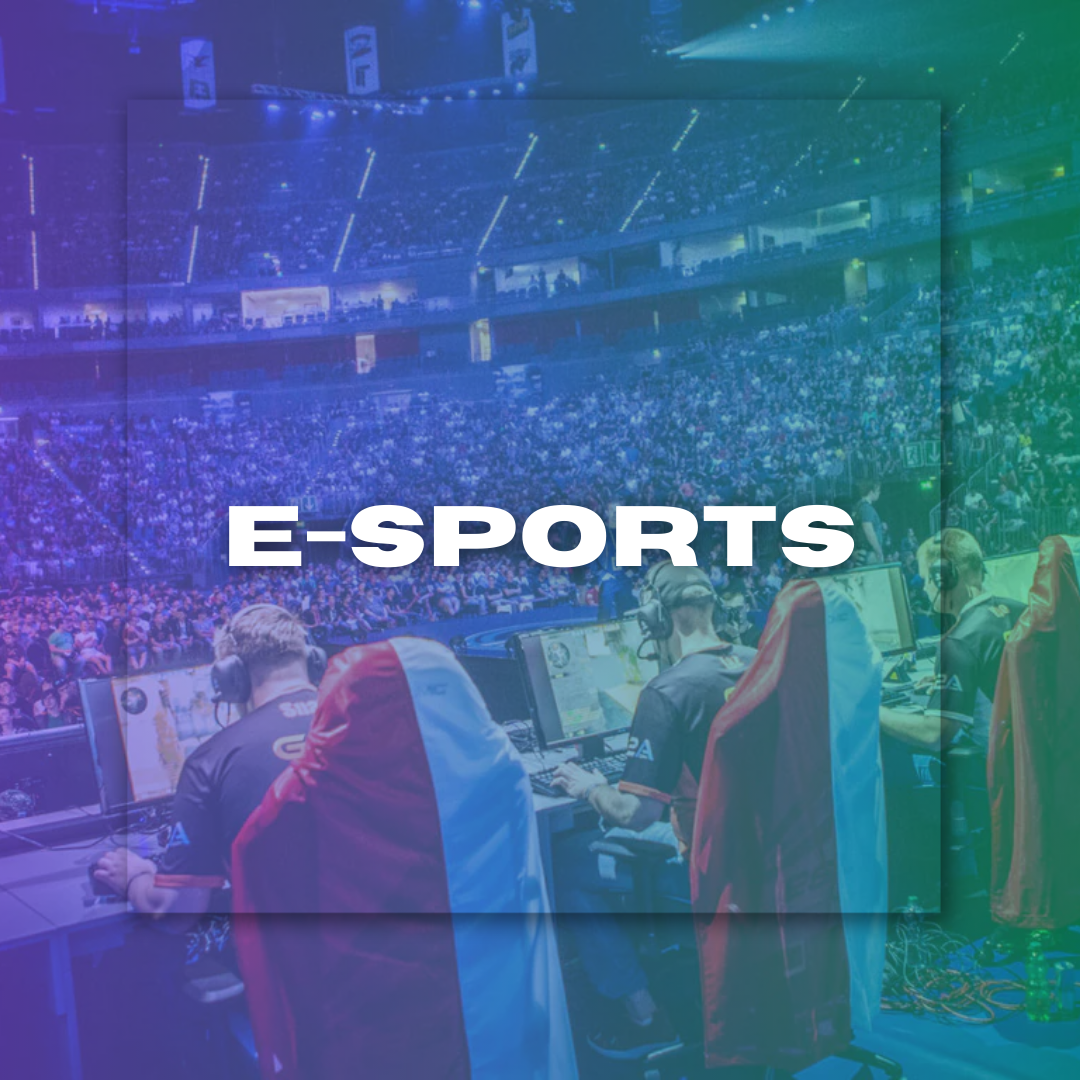
Which Countries Boycotted the 1976 Olympics?
Which Countries Boycotted the 1976 Olympics?
By Jason Bolton July 25, 2024 09:36
In the summer of 1976, the Montreal Olympics were marked by athletic prowess and a significant political stance, as a coalition of 22 African countries launched a boycott of the Games. This decision, fueled by a protest against New Zealand's sporting contact with apartheid-era South Africa, dramatically impacted the event's lineup. Participating nations such as Algeria, Egypt, Ethiopia, Ghana, Kenya, and Nigeria, among others, stood in solidarity against racial discrimination, leading to a conspicuous absence of some of the world's top athletes. Furthermore, the Games faced an additional boycott from Chinese Taipei, which withdrew just a day before the opening ceremony due to a dispute over its official designation, further underscoring the intertwining of sports and politics on the global stage during the 1976 Montreal Olympics.
The African Boycott
Memorably, a coalition of 22 African countries sat out the Games in protest over New Zealand sending its national rugby team to tour racially torn South Africa. These countries, which comprised Algeria, Egypt, Ethiopia, and Ghana, were all participants in the boycott of Kenya and Nigeria.
Causes of the African Boycott
The African countries were upset that the New Zealand national rugby team, which is called The All Blacks because of their black uniforms, visited apartheid-ruled South Africa sometime before. The IOC had banned South Africa from the 1964 Olympics over its apartheid policy of institutional racial discrimination, and other countries vowed to withdraw if they weren't excluded.
Impact on the Athlete
The 1976 Olympics were significantly altered by an African boycott. More than 20 countries boycotted the games, depriving African nations of many athletes on the world stage. These included leading track and field stars and teams in sports like soccer and boxing, among others. Their absence was a great shame, particularly from an African perspective, with the nations having made not inconsiderable progress as Olympic competition began to shift away from Europe and North America over time.
Causality and Effects
It was a serious diplomatic embarrassment for the 1976 Olympics and would surely have repercussions. Following the boycott in 1977, the UN adopted an International Declaration against Apartheid in Sports, which called for a complete sporting embargo on South Africa. This move was also in line with the Commonwealth Gleneagles Agreement of 1977, which saw even more isolation for South African sports on an international level.
The Controversy With Representation Of Chinese Taipei
Chinese Taipei joined the IOC in 1954 and competed at three Olympic Games under the name Republic of China. However, in 1970, the Canadian government recognized the PRC and cut off diplomatic relations with Chinese Taipei. In 1976, the Canadian government refused to let Chinese Taipei use the "Republic of China" and went against the IOC. Male athletes wearing wristbands had them confiscated for check-in at airport customs on returning home.
Withdrawal of Chinese Taipei from the Games
Chinese Taipei eventually boycotted the 1976 Olympics, pulling out one day before the opening ceremony rather than agreeing to compete under a different name. Before that, they had always claimed at least one medal whenever the games were held, dating back to 1956.
Legacy of the 1976 Olympic Boycotts
The boycotts of the 1976 Olympics also affected not just the event itself but even more so the political situation in general. African and Chinese Taipei athletes were missing, thus robbing the competition of some top quality. The controversies also underscored the long-running struggle between sports and politics among nations.
The 1976 boycotts also hinted that the Olympic Games would be plagued with politics in subsequent decades. But the 1984 boycott, a payback by communist-bloc countries for the U.S.-led boycott of their turn hosting in 1980, put an end to that illusion of apolitical sport.
In the long run, however, it helped further raise global awareness against human rights violations such as Apartheid and racial discrimination within international sports. Sporting sanctions on apartheid South Africa was one of the measures envisaged to achieve such an objective. The positive influence this has had when implemented is best exemplified by how bans on playing international rugby union were a major factor in dismantling that regime shortly after 1990.
LATEST
- NEWS
- |
- ARTICLES
- |
- VIDEOS






















































































